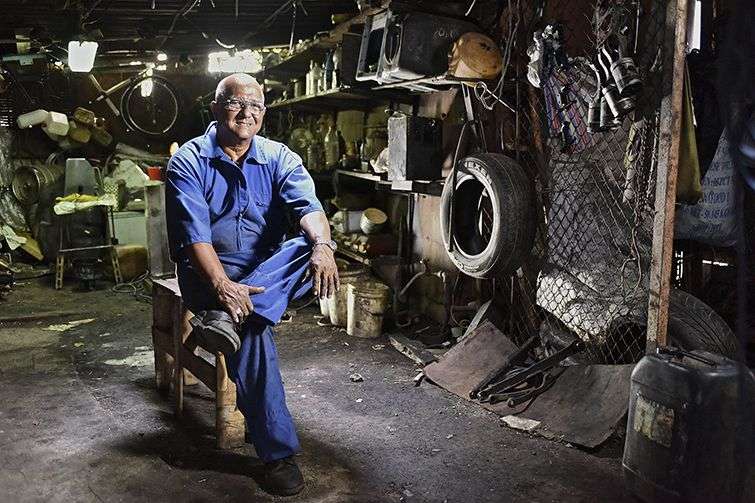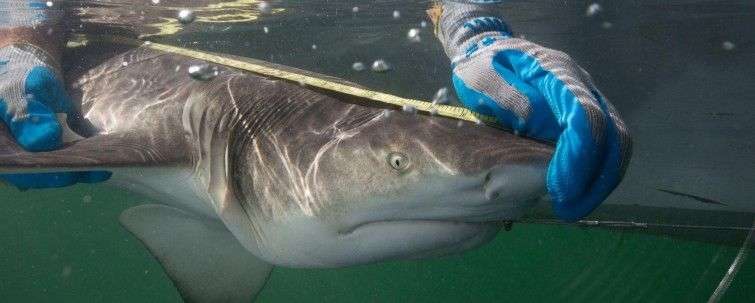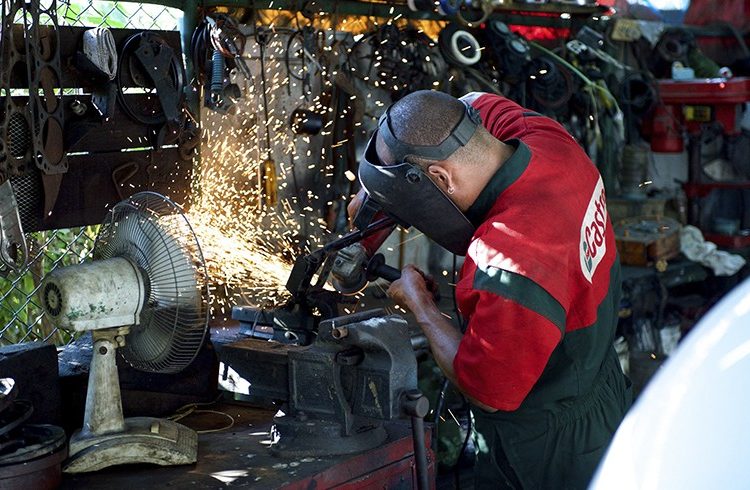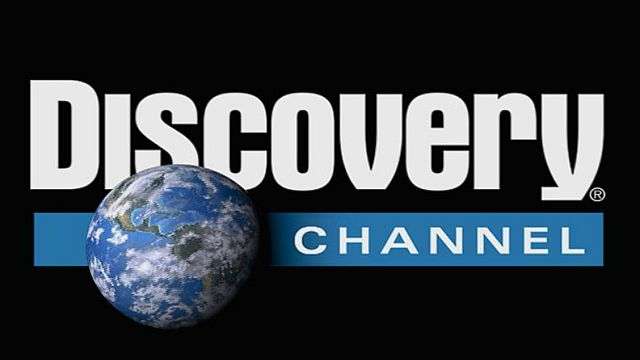On July 13, the Discovery Channel premiered the first US television series filmed entirely on location in Cuba: Cuban Chrome.
The show centers on A lo cubano (“Cuban Style”), a group of mechanics who refurbish vintage American cars, popularly known as “almendrones” in Cuba. The series is to be part of a brief Cuban immersion by the channel, which, to date, has produced two additional programs: one about sharks and a more recent one about Fidel Castro.
These programs begin to appear in the context of a “Cuba fever”, endorsed by the US tourism industry, a sector which, according to Caribe News, is the most enthused about the re-establishment of diplomatic ties with Cuba, a type of nearby paradise which has been off limits for more than five decades.
According to the site, offers of non-stop flights to the island from different US cities are accompanied by travel guides that include tours and sites of interest, suggestions for accommodations in the private sector and at hotels, high quality or affordable State and private restaurants, instructions for the use of Cuba’s two currencies and how to move around the city in taxis or rentals. What is the main focus of these guides? The daily life of Cubans.
Vintage Cars: A Pretext

According to a note issued by the television channel, the documentary series Cuban Chrome, produced by Pilgrim Studios, had been in the works since before Barack Obama and Raul Castro announced the decision to begin negotiations aimed at re-establishing diplomatic relations. They also announced that the reaction of the protagonist to the news would be captured by the series.
The cars are a pretext to cast a closer look at daily life in Cuba, or least part of it. The show’s trailer, in fact, speaks of cars, not only as a means of transportation, but a way of life. Cuban Chrome, they announced, will offer an intimate glimpse at an unexplored country where men and women risk everything to keep these vintage cars running. The series will also explore the challenges and joys of daily life in Cuba through an authentic look at the passion, spirit, determination and inventiveness of Cubans.
At the Discovery webpage, the series is promoted through other related aspects of Cuban culture, including a glossary of idioms, photos and even curiosities come across on the island, all geared towards highlighting Cuba’s vintage cars while seeking to go beyond this and offer a visual tour of contemporary Cuban society.
Transplants and Exchanges

Tiburones: The Sharks of Cuba saw the collaboration of a Cuban and US scientific research team, from the Mote Marine Laboratory & Aquarium in Florida, the Center for Coastal Ecosystem Research in Cuba, the University of Havana and others institutions on the island. In February, they carried out a joint study of sharks at the Jardines de la Reina keys in southeastern Cuba. A satellite transmitter for sharks was set up in Cuban waters for the first time and a coral transplant at a Cuban reef was conducted. The Environmental Defense Fund, responsible for Cuba-US collaborative efforts in scientific and conservation fields, also participated.
These research and conservation efforts were captured for Discovery by a crew from Tandem Stills + Motion and Herzog Productions. Even though the gulf and Caribbean region house nearly 20 percent of the planet’s sharks, US scientists know relatively little about shark populations in Cuban waters and the impact had by fishing. They and their Cuban colleagues have tried to study sharks, coral reefs and other marine species jointly but, to date, this had proved impossible because of embargo restrictions.
“Joint work is the road to follow if we want to preserve our common resources,” said Jose Angulo Valdes, Head of the Conservation Department of the Center for Marine Research at the University of Havana. “This expedition proved just how much we can complement one another.”
“This expedition allowed Cuban and US scientists to reach some of the objectives we’ve dreamed of for years,” said Robert Hueter, Head of the Shark Research Center at the Mote Marine Laboratory. “In fact, we’ve been trying to secure permits to install satellite tags on Cuban sharks for at least five years, and we finally got approval to do it for this expedition.”
Another Mythical Fidel Castro
Castro: The World’s Most Watched Man is an hour-long compilation of testimonies by spies, CIA analysts and KGB agents, as well as by Cuban exiles who for years monitored one of the most legendary figures of contemporary history.
Using declassified documents and recreations of historical events, the program also delves into the “inner forces” of a figure that is “controversial” for both Latin America and the United States. According to Enrique Martinez, president of Discovery Networks for Latin America and the US Spanish-speaking market, it affords us a unique perspective of the personality of this controversial leader, destined to prompt heated discussions about his legacy and place in history.
According to a press release issued by Discovery Channel, the film includes exclusive interviews with former CIA agents Brian Latell and Felix Rodriguez, retired KGB agents Nicolai Leonov and Oleg Nechiporenko and Cuban exile and Antonio Veciana ,head of the Miami-based anti-Castro movement Alpha 66.
To date, the channel has not announced that it will continue to produce pieces dealing with Cuba, but they have referred to the island as an “unexplored” country, so we can surmise the saga will eventually continue.










